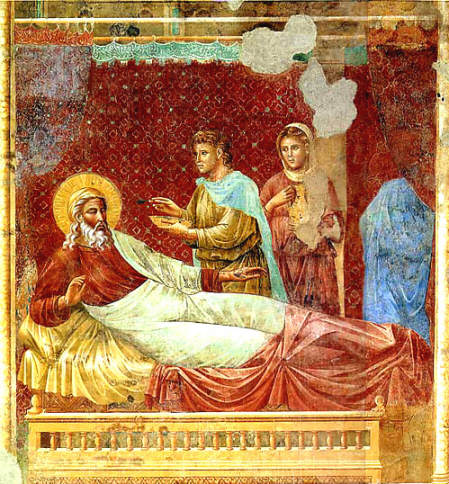Bridal Men
“Jacob didn’t steal the future. He rescued it from a Man who put food first and whose eyes were not yet opened.”
James Jordan has done the Church a great service by rehabilitating the reputations of Noah the drunk, Abraham the liar, Jacob the swindler and Moses the murderer. He has shown us that the context of these so-called sins and crimes mean that they are nothing of the sort. [1] By this, I don’t mean “cultural context” but Covenant context. The reason these great men of God (and their wonderful women) get such a bad rap is because their stories are treated like a bunch of separate things that occurred, from which we must draw obvious and disconnected morals, rather than a single narrative begun in Genesis 1.
Matthew Mason recently wrote about Jacob’s being, not a quiet man, but a blameless man. [2] This puts him in the company of Noah, Abraham, Job, and other “sacrificial” men, men to whom God entrusted the future of His Covenant. The failure by translators to recognize the ongoing theme of blamelessness has meant that Jacob is seen as sneaky and perhaps a little effeminate. He is a mother’s boy who gets his way through deceit. In fact, Jacob was a man who outsmarted the serpent at every turn with the wisdom of God. He was “wise as a serpent” but “harmless as a dove.” Esau, who rolled the sins of Adam (gave up his birthright for food), Cain (desired to murder his priestly brother) and the sons of Seth (married idolatrous women) into one single life, got his animals around the wrong way. Worse, his blind father was willing to hand the future of the Covenant, and therefore the world, over to this entirely “natural” man.
In the account of Jacob and Esau, there’s also a very strong “architectural” undercurrent as well, and it has to do with the Tabernacle. Esau is the Red Man outside the tent (the bloody Bronze Altar, symbolizing the Land). Esau smells like the field. He is of the earth, earthy. He is a hunter, a man of blood (“Cain” means “spear”), and cares nothing for the future. Jacob listens to his mother, who isn’t a deceived Eve. She understands that Isaac’s blindness is more than simply natural. Jacob is the Bridal Man inside the tent, the Incense Altar. Like Adam, he is clothed in animal skin to “deceive the curse.” It is a miniature Day of Atonement, goats and all, and the blessing of Isaac is not squandered as it would have been. Like Adam, Jacob was a man with the Bride inside.
The Old Testament gives us quite a few “bridal” men, that is, Adams who have an Eve inside ready for God to construct in history. David is one (music is bridal). I believe Jacob is another. He is the one who ascends as a Covenant sacrifice. His serpentine wisdom is also “bridal,” an eye for eye judgment upon the various serpents he encounters as he is qualified by God. Both brothers ended up with two wives (like Lamech) but only one brother concerned himself with God. Jacob didn’t steal the future. He rescued it from a Man who put food first and whose eyes were not yet opened.
______________________________________
[1] Jordan’s Primeval Saints is a good place to start.
[2] Matthew Mason, Jacob was a ___________ Man.


























